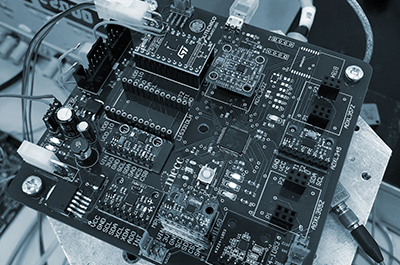
Switch2Product (S2P) is a competition organized by the Technology Transfer Office (TTO) of Politecnico di Milano, in collaboration with PoliHub Innovation District & Startup Accelerator and Deloitte Italia, aimed at sponsoring the most innovative entrepreneurial ideas submitted by students, graduates, alumni, researchers and Professors of Politecnico di Milano and other partner Universities and Research Centers.
During the twelfth edition companies can be directly involved as partners. All partners will play an active role in sponsoring the projects in witch they are interested in by awarding Special Grants or financing Special Programs. The 20 winners will be awarded during a public ceremony next December.
On the 21st of October 2020, the 30 finalists were announced. Running for the prize is the project NOSTRUM (NOdes for STRUctural Monitoring), submitted by a group of Ph.D. students – Federico Zanelli, Stefano Cii, Maria Laura Bacci, Nicola Debattisti – of the Department of Mechanical Engineering of Politecnico di Milano and coordinated by Professor Francesco Castelli-Dezza.
The team came up with the idea of a system able to solve a current problem, a remarkable one in Italy: how to implement predictive maintenance of bridges and viaducts. The objective is to develop an innovative embedded system – provided with a wireless sensor network, a central control unit capable of gathering and processing a big amount of data that will be stored in its cloud service – that can perform continuous monitoring on infrastructures and allows to remotely create periodic diagnostic reports.
The system, easy to install and cost-effective, would bring significant advantages not only to the field of structural health monitoring but also to other relevant industrial sectors, such as the railway market.
“The expertise acquired at DMEC is what made this project possible!” – explained one of the researchers of the team. And continued: “We hope to see our system implemented on the field very soon and to also have a commercial solution developed by 2022”.
